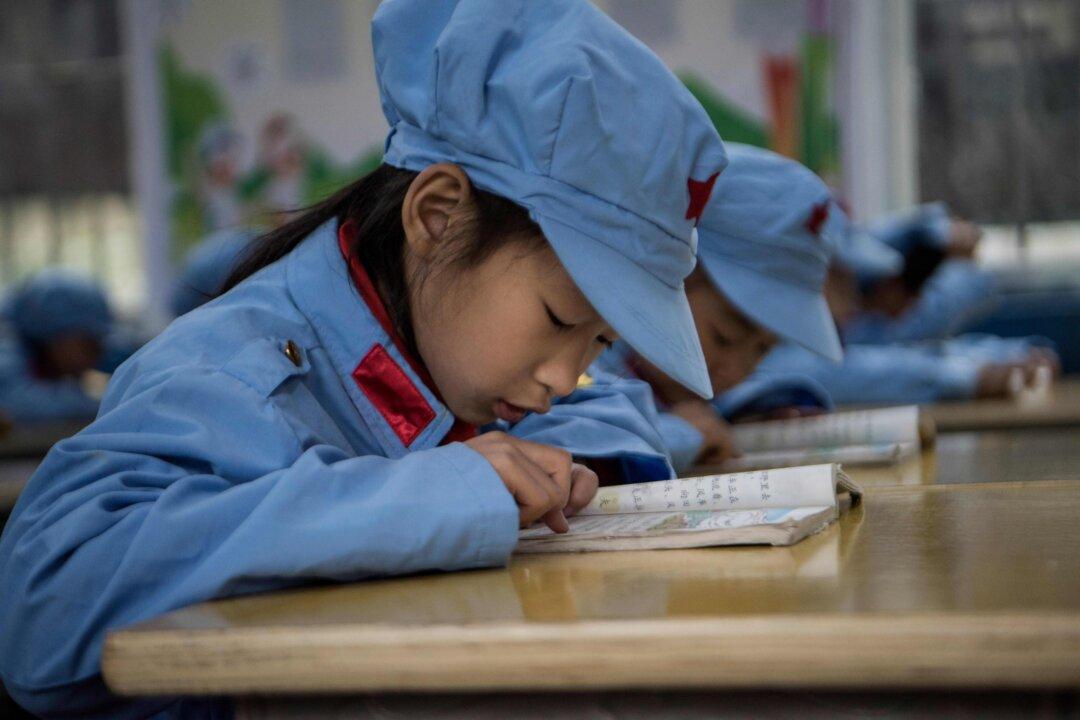Beijing has officially banned the use of teaching materials from outside China from the country’s primary and middle schools, a move that critics saw as the regime’s latest attempt to control Chinese citizens’ thoughts and minds.
In a guideline published on Jan. 7, the country’s Ministry of Education said that the schools offering the nine-year compulsory education—consisting of primary and middle schools—are no longer allowed to use “foreign teaching materials” for textbooks.





